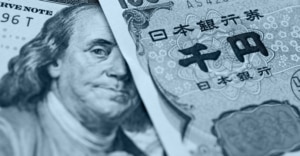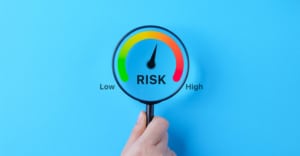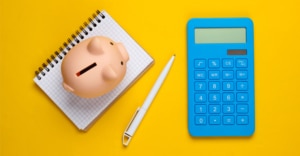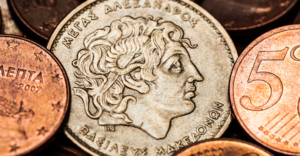Life is full of unexpected situations that pop up when they are least convenient. Having a cash cushion to fall back on is something that everyone needs, regardless of their current financial situation, because credit cards and loans might not always be an option.
If you had a medical emergency or suddenly lost your job, are you confident that your funds will see you through it all or will you have to resort to racking up costly debt?
What is an Emergency Fund?
Simply put, an emergency fund is a cash savings amount that is set aside for dire times. The savings should be liquid for quick and easy access in a pinch. An emergency fund is also the foundation of your financial planning; this is a strong safety net to have before choosing to take on any investments.
Unlike planning and budgeting for big events, vacations or big-ticket items, your emergency fund is liquid savings that will see you through tough times like sudden unemployment, medical expenses, major home repairs, natural disasters, moving costs, family emergencies or unexpected travel overseas.
Although no one wants to think about difficult times, having a financial safeguard set aside will not only give you peace of mind and freedom from living paycheck to paycheck but also help you through a crisis without the stress of scrambling for cash that might be tied up in different accounts. An emergency fund also keeps you from dipping into your other investments, like retirement plans and college funds, whenever there is an unexpected expense.
Where to Keep Your Emergency Fund
Your emergency fund should always be in a separate account to your checking and regular savings accounts so that you avoid periodically dipping into it.
Whenever possible, look for an account that offers a decent interest rate and is easy to access quickly when needed. Of course, finding a high yielding and accessible account will be difficult in Japan, where banks pay virtually zero interest on your Yen.
You may be tempted to look for a high-yield savings account, but just keep in mind any fees or special terms that come along with them. The last thing you would want is to have the emergency funds tied up in a withdrawal period or needing to take certain withdrawal steps before the money is released.
Take Charge Of Your Finances
Schedule a free financial review today
How to Estimate Your Savings Goal
The general rule of thumb is saving 3-6 months of essential expenses. Depending on circumstances, some people may need slightly more.
To get a better idea of what you should be saving, take a look at these significant factors that will affect your savings goal:
- Household structure (single, with a partner or dependents)
- Number of incomes in your household
- Side income streams
- Bills (mortgage/rent, insurance, utilities, transportation, etc.)
- Debt payments
- Current amount of liquid assets
- Job stability and steady income
- Ability to quickly find a new job in case of unemployment
Everyone will have a different set of circumstances that will adjust the minimum amount of emergency funds that should be saved, so take a good look at your current lifestyle and portfolio to see where you stand.
If you are a single person with no dependents and low overheads, you likely do not require more than 3 to 6 months expenses in savings. If you are the primary breadwinner with a family to support and kids’ school fees, you may want to have a bit more set aside.
Finally, you are the kind of person who finds it difficult to sleep at night unless you have quite a bit of cash available, then we recommend you save 6-8 months of costs. Yes, you will have less of your money working for you, but you also can’t put a price on peace of mind.
Having Too Much Cash is Also a Problem
Remember, just as important as having enough set aside for your emergency fund, is making sure that your holdings do not get out of hand. An emergency fund should not be larger than it needs to be; otherwise, cash that could be working for you will be sitting in your bank account loosing value due to inflation. As mentioned above, this is particularly important in Japan, where cash in the bank earns you zero.
So, once you have set aside the required amount, you need to think about the next step: making your money work for you.
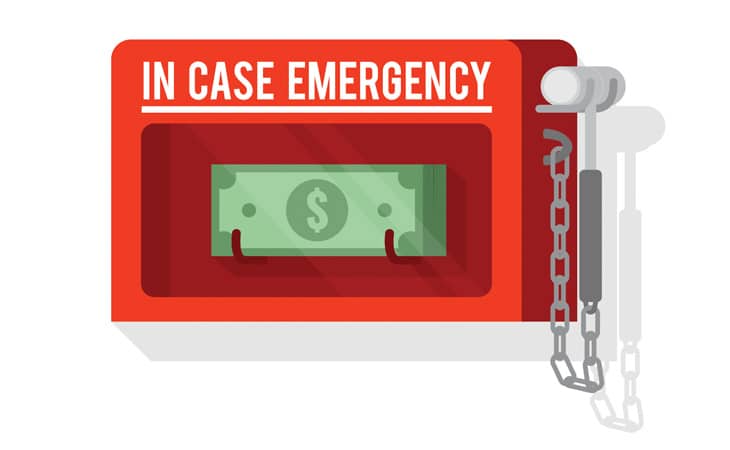
Tips for Building Your Emergency Fund
Not sure where to get started?
Here are some basic steps to take when starting your emergency fund:
- Begin with a basic calculation of your monthly expenses and multiply that by 3 to 6 times depending on your circumstances. This will give you a general idea of what the minimum amount is needed to cover your living costs for half a year.
- Create a habit by setting up a regular savings goal. Choose an amount that you can comfortably put away each month.
- Set up a direct deposit for easy payments. This will keep the savings amount growing without a second thought.
- Adjust and increase contributions when extra money comes your way. Build up your savings faster by contributing things like tax refunds and bonuses.
- Occasionally reassess your emergency savings to account for inflation or new factors that will affect your expenses (new baby, loans, investments, etc.)
Once you have secured your emergency fund and are ready for the next stage in your financial planning, contact a financial advisor here at Argentum Wealth for a free consultation. We would be happy to help you take a disciplined approach to investing to maximize your long-term wealth.
Argentum Wealth does not provide tax, legal or accounting advice. This material has been prepared for informational purposes only, and is not intended to provide, and should not be relied on for, tax, legal or accounting advice. You should consult your own tax, legal and accounting advisors before engaging in any transaction.
Argentum Wealth Management is licensed through the Japanese Financial Services Authority to give financial advice. The FSA strongly recommends that you only receive financial advice and services from a locally licensed and regulated firm.




